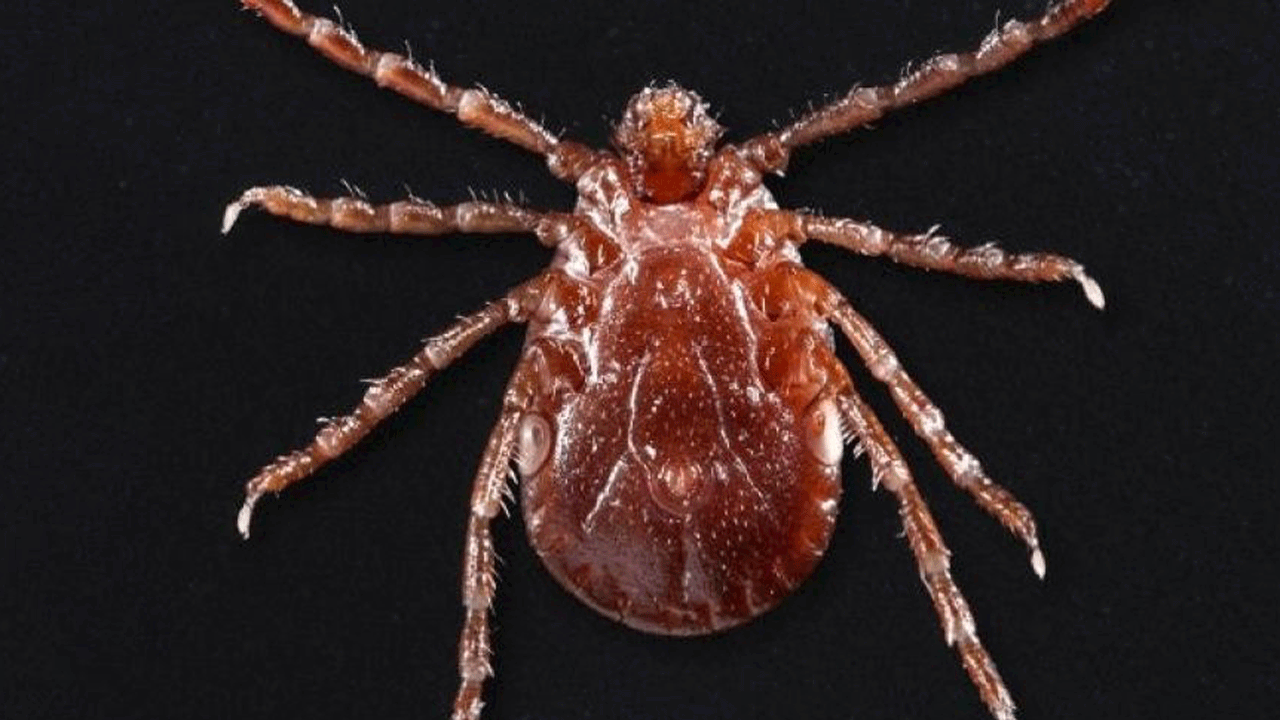Agriculture and health officials face growing concerns over a new and invasive tick species that’s being described as an “aggressive biter” and has now been discovered in a number of U.S. states.
The scientific name is, Haemaphysalis longicornis, but it’s better known as the longhorned tick.
Where is the longhorned tick coming from?
This tick species is native to the Asia-Pacific region. For the most part its hosts include humans, livestock, wild rodents, poultry and birds. Apparently it’s the first new tick species Americans have faced in the last 50 years.

The Longhorned tick. (Photo: James Gathany)
It first showed up last year when it was discovered in New Jersey – on a sheep.
The New Jersey Department of Agriculture says, “Recently, the tick has also been found in Union and Middlesex Counties in New Jersey, as well as from a calf in Albemarle County in Virginia.”
What other states have played host to this new tick species?
The tick has been identified in West Virginia, Arkansas, a number of locations in Westchester County, New York, and even on an opossum in North Carolina.
“It is a serious pest of livestock in its native regions and the means of introduction into the U.S. is unknown,” explained the North Carolina Department of Agriculture and Consumer Services.
“Its presence in N.C. signals the need among livestock producers and residents for greater awareness, surveillance, and tick control management. It is an aggressive biter and frequently builds intense infestations on animals causing great stress, reduced growth and production, and blood loss.”
“While the longhorned tick has not been linked to any human infection in the U.S., the N.C. Division of Public Health is working with the North Carolina Department of Agriculture and Consumer Services to understand its distribution and monitor for diseases it may carry,” officials added.
More testing will be done to determine the impact and effects of this tick species here in the U.S., but experts say that outdoor enthusiasts should take all precautions, like they would with any other tick bite, to prevent any illness or disease.





